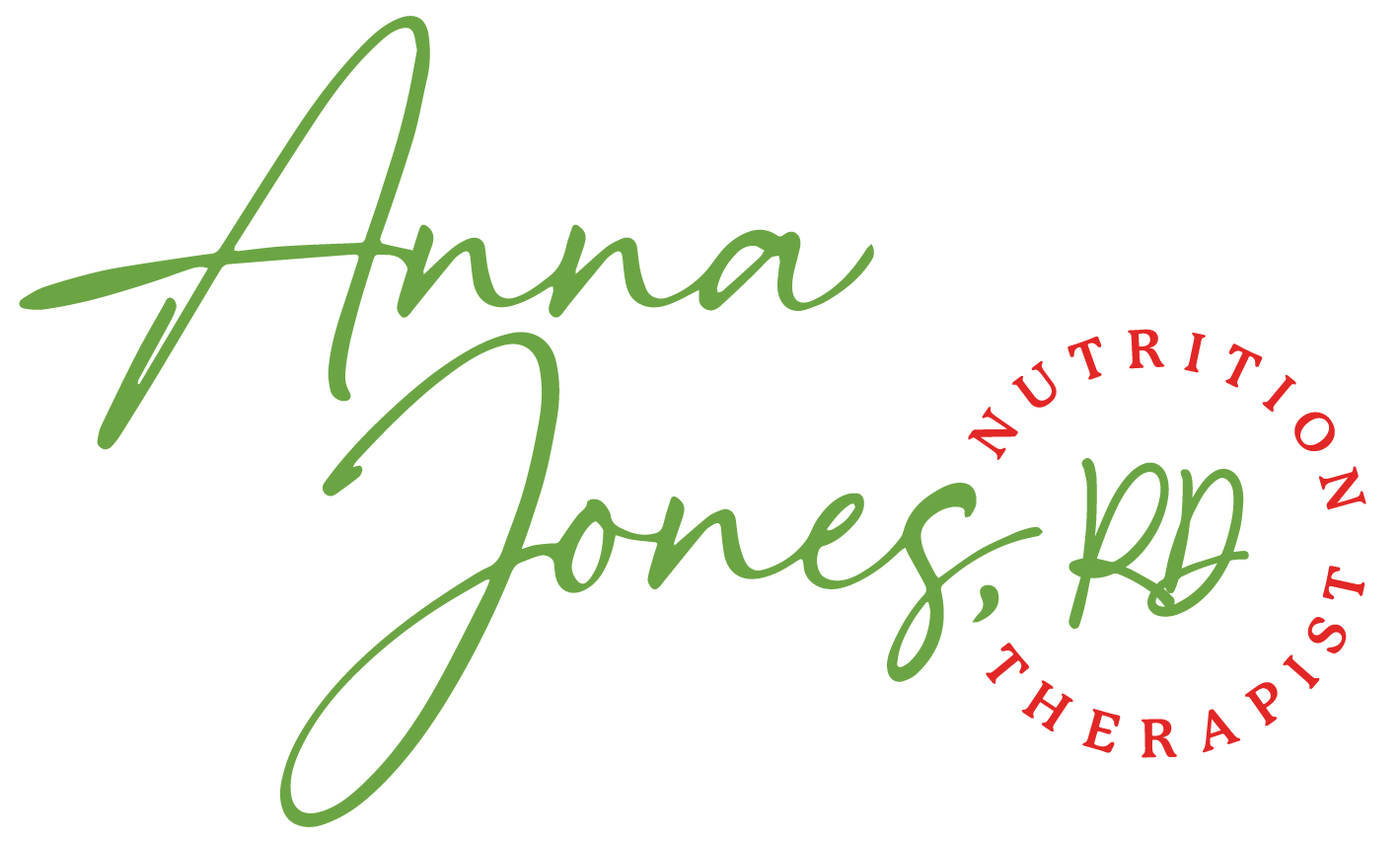There are differing opinions regarding whether or not we should count calories. I have heard well-meaning people say that as long as we are eating mostly whole, real foods there is no need for counting calories.
I have to say I disagree. You can very easily over consume calories eating whole, real, nutritious foods; ultimately resulting in weight gain. Having some knowledge of how many calories you are taking in is important, especially if you are trying to lose (or gain) weight.
Simply put, if you consume more calories than you burn, it is likely that you will gain weight. That is not to say that what kinds of foods make up those calories is not important, quality of the foods you eat is important too.. If most of your calories are coming from refined carbohydrates (think white stuff & sweets) and junk instead of nutrient dense foods like fruit, vegetables, lean protein, nuts, beans, and whole grains, you will likely be left often feeling hungry and therefore taking in more calories than you need to lose weight.
In a study published in the journal Food and Nutrition Research a few years back researchers compared the thermic effect of food (the energy your body uses to actually process and absorb what you’re eating) following the consumption of a whole food grilled cheese sandwich (multigrain bread with whole grain and intact sunflower seeds along with cheddar cheese) versus a processed food grilled cheese sandwich (white bread and Kraft singles). What this experiment found was that the whole food grilled cheese, while equal in calories as well as in protein, carb, and fat, required nearly 50 percent more energy to absorb than its highly processed counterpart. This shows that the calories stored by your body are likely much higher when they come from processed foods versus whole.
So, what is the best way to know how many calories you need and how many you are taking in? There are online calculators that can estimate that number for you. These are great and give you a good estimate of what calorie level you should be shooting for on a daily basis.
One of the best, most accurate, ways to determine your own individual metabolic rate, or more simply how many calories your body requires each day, is to be measured using indirect calorimetry. This used to require going to some lab and going through complicated testing. But through updated technology this test is super simple and only takes about 10 minutes. Basically, the device measures oxygen (O2) consumption and carbon dioxide (CO2) expulsion, ultimately calculating the amount of metabolic energy generated by the body. All you do is breathe into a small device and voilà you have your own individual “metabolic fingerprint”, allowing you to know precisely how many calories your body requires.
For clients of mine trying to lose weight, knowing their “metabolic fingerprint” is like having the secret code to their weight. It is one thing to estimate what you need calorie-wise, but to be able to know your specific calorie needs and have that as a specific goal is tremendously helpful. You can read more about the device and testing process here: https://annajonesrd.com/bodygem-metabolic-testing/
Once you know your calorie target the next step is knowing how many you are taking in. The best way to do this is to keep a food diary. In a 2008 study of 1,700 people conducted by the Kaiser Center for Health Research, dieters who kept a food diary for six months lost twice as much weight as those who kept no food record. The reason: Writing down what you eat makes you accountable for every bit of food that goes into your mouth, including high-calorie indiscretions. Keeping a food diary can also reduce or eliminate mindless eating. Knowing you'll need to write down those 50 chips or 10 chocolate-chip cookies can be a powerful motivator for skipping them.
There are so many great apps and websites that make doing this so much less of a chore and they can really be motivating and, dare I say, almost fun! Some of the favorites among my clients are Calorie King, Lose It!, My Fitness Pal, and My Net Diary. Which one you choose is really about personal preference. All are good and can be tremendously eye-opening. An extra bonus for my clients is that I can go in and peek into their food diaries and let them know what they are doing well and give them tips and pointers on how to improve.
So, in the end should we be counting calories or not? If you are trying to lose weight the answer is a resounding YES!! Being informed about, and conscious of, what you are taking in is a critical part of losing weight and getting healthy. Quality is important, but so are calories. I tell people that they won’t have to keep a food diary forever, but during the process of changing eating habits and working on weight loss it is very beneficial.
Serious about losing weight? Take a few minutes and check out some of these free apps/websites and get started today.


0 Comments